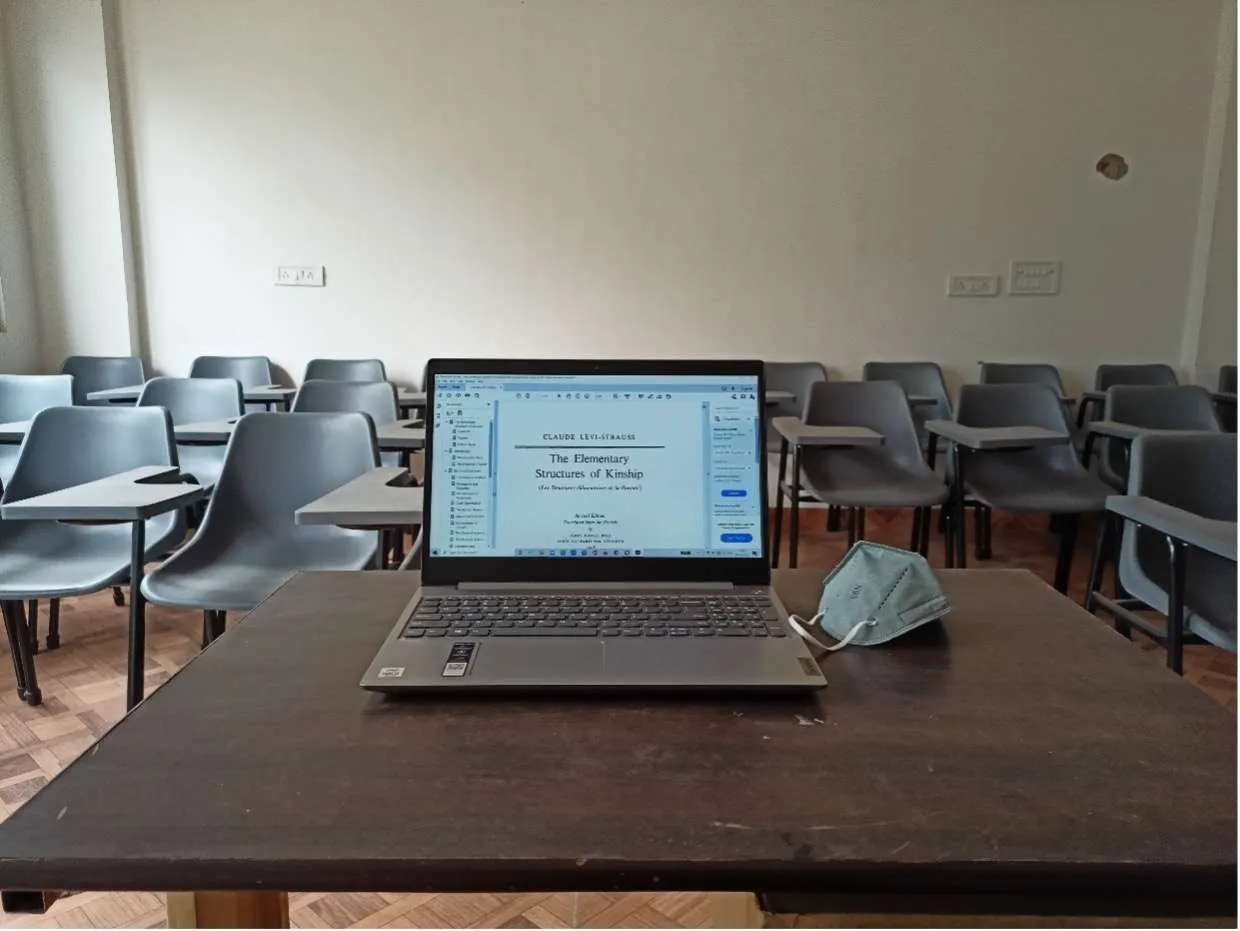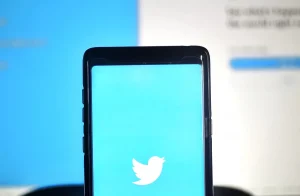It has been almost a year since the COVID-19 pandemic has changed how we view our lives. It has given rise to different kinds of online innovations, and like everybody else, even sociologists are trying to make sense of the new old order. Although vaccination has slowly begun in various corners of the world, many businesses and jobs continue to persist online. Teaching is one of them. Before COVID-19, classrooms were spaces that meant physical presence, engagement and interaction. Today, it has been reduced to computer screens with mostly cameras switched off and microphones muted as almost all of us are teaching sociology online.
Differences with Online Learning
This online teaching and learning mode have also meant that both teachers and students cannot see each other’s body language and facial expressions. Along with internet issues, students also face space and privacy constraints. Having a private space to attend online classes continuously for four to five hours is a luxury, and not every student can afford it. Thus, all of these can often lead to questions about the fruitfulness and efficiency of online teaching. I seek to address some of these in this essay.
I have been teaching online now since April 2019, firstly to correspondence students and then in the regular mode. All of them are girls. Teaching both kinds of students have certain peculiar challenges but also similarities.
Teaching Sociology Online Prior to the COVID-19 Pandemic
In the pre-COVID era, I would meet students who were doing their under graduation in the correspondence mode from an open university once a week. They would do self-study and then meet me on Saturday every week with doubts. This was a very efficient arrangement as it would give the students enough time to read and seek clarifications.
Most of the correspondence students are from underprivileged social and economic backgrounds, and as such, they do not have the luxury to pursue their education in a full-time mode. While some of the girls were pursuing vocational courses simultaneously, others were preparing for entrance exams for government jobs. When they came to the college for academic counselling, that one day was an escape from their domestic problems and for many girls, also a ‘legitimate reason’ to go out of their homes.
Practical Problems Teaching Sociology Online During COVID-19
But online counseling changed the scenario completely. Most of these students have no access to electronic devices and internet. Thus, for them learning online meant asking questions and trying to clarify their doubts on phone calls. Even then, there were connectivity issues as their mobile phones are not ‘latest’ versions. They do not own smartphones. As such, teaching them about class inequality seemed as jarring as ever. As a teacher, you face a peculiar dilemma – how do you teach social inequality theoretically when your student is going through it practically?
It is also not surprising that many of them faced technological obstacles in submitting their assignments. While typing was out of the question, many struggled in scanning and emailing their hand-written papers. In fact, many girls were opening an email id for the first time in their lives.
With no access to the internet and technological training, submitting assignments was an uphill task in the online mode. In contrast, the students I have taught in regular mode have better access to electronic devices and the internet. Most of them were comfortable typing. The digital gap was evident, and I could see that the online teaching mode had accelerated the gap between regular and correspondence students.
Universal Challenges Teaching Online
However, there are also certain challenges in online teaching, which are universal. For instance, how do you teach a course like Kinship that involves diagrams and family trees online? It is difficult to retain or even capture students’ attention online while teaching a paper like that. There is significantly less scope for engaging in group projects and field-based research because of COVID-19.
Similarly, how do you address questions of gender-based violence and sexual harassment in an online mode, when these issues can be extremely triggering for some? As such, although you deliver online lectures as a teacher, you also often question yourself about the lectures’ effectiveness.
This is when the chatbox proves to be a boon. A little message that says ‘I have a question’ or ‘Can you repeat your last point?’ gives one a ray of hope that you are being listened to, your message is getting conveyed. At this point, I take the liberty to mention that be it offline or online teaching; it is interaction and discussion that make a classroom a ‘space’ from a ‘place’.
Thus, while many are looking at online teaching as a monologue, I would still very much argue that it is a dialogue. Only the form has changed. What, however, is missing is the debates and deliberations between students as most cannot switch on their microphones because of space constraints.
Final Thoughts on Teaching Sociology Online
Nevertheless, having mentioned some of the challenges of online teaching, it is also pertinent to mention that sometimes it can be a blessing. Many students say that even when they are working or unwell, online education gives them an opportunity to listen to the lectures which would not be possible with physical classes. Online lectures have been particularly helpful for differently-abled students. The online mode also makes it easier to exchange study material and information.
Thus, while online teaching cannot be the same as classroom teaching, it has its own peculiarities. As we prepare to move towards a world which will perhaps never be COVID free, it is important that we take some of our learnings from online education forward. Questions of inequality must not be only addressed theoretically but understood practically.
The Radical Act of Teaching Family from a Sociological Perspective







